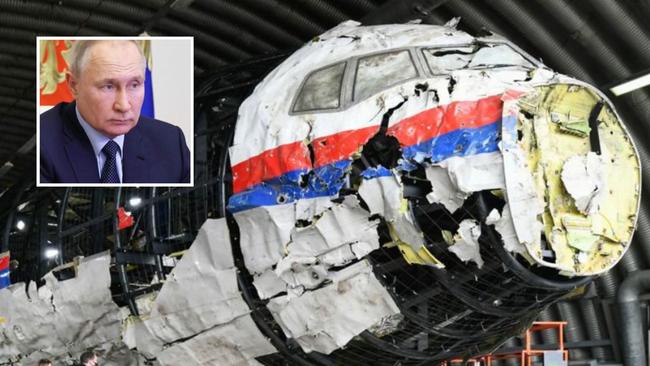
For the deeply grieving families who are still traumatised by the horrific sudden death of their relatives – some losing all of their children – the findings bring little comfort, or any deep revelations.
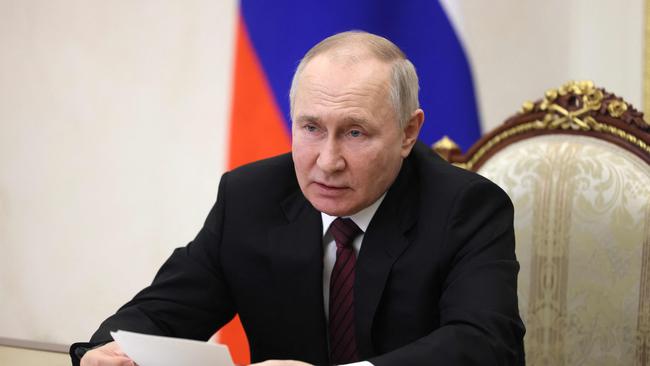
For most families have blamed Putin from day one: and the investigators stunning claim that under Dutch law they couldn’t indict him anyway because he has presidential diplomatic immunity smacks of a gross insensitivity. Why then have the Joint investigative team spent so much time and energy pursuing leads to the Kremlin – and notifying next of kin of updates – if this was the case?
The timing of all this is curious too: for this ‘we think he’s guilty but we can’t prove it” line about Putin was announced in the same press conference that investigators said they had run out of leads and they were ending their MH17 scrutiny without any further prosecutions.
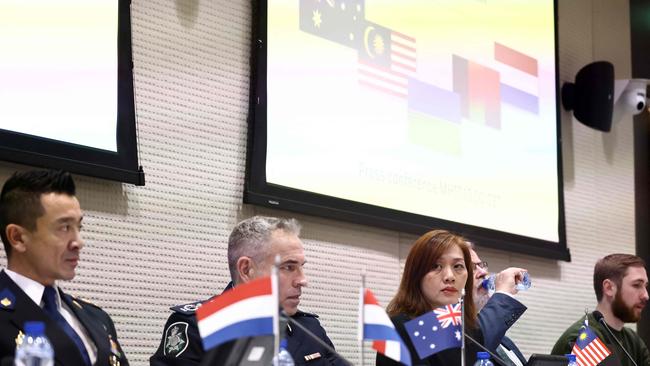
Rightfully investigators have tried to uncover evidence of the chain of command and who knew what, and under what basis the crew of the BUK telar launched the missile which exploded in front of the cockpit causing the plane to break up mid air.
They had tremendous result last November with a Dutch court finding three separatists guilty of mass murder – all of whom are still in Russia and can’t be extradited to serve their life sentences. The indications late last year were that the investigators would continue their work to bring about even more indictments have proven to be disappointingly hollow.
Investigators say they have insufficient evidence for any successful prosecution of any others unless sudden new evidence is forthcoming.
But they take heart that they have had more results than what they expected when they first began this arduous task of scrutinising hundreds of thousands of telephone taps and interviewing secret witnesses so long ago.
Now that this particular line of investigation, which was rightfully the priority, is suspended, perhaps someone can look at a long forgotten aspect of this tragedy – who made the decisions to allow a commercial airliner fly directly over an active war zone?
More Coverage
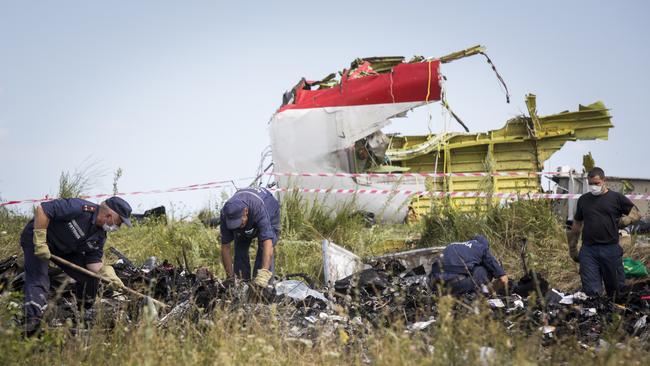



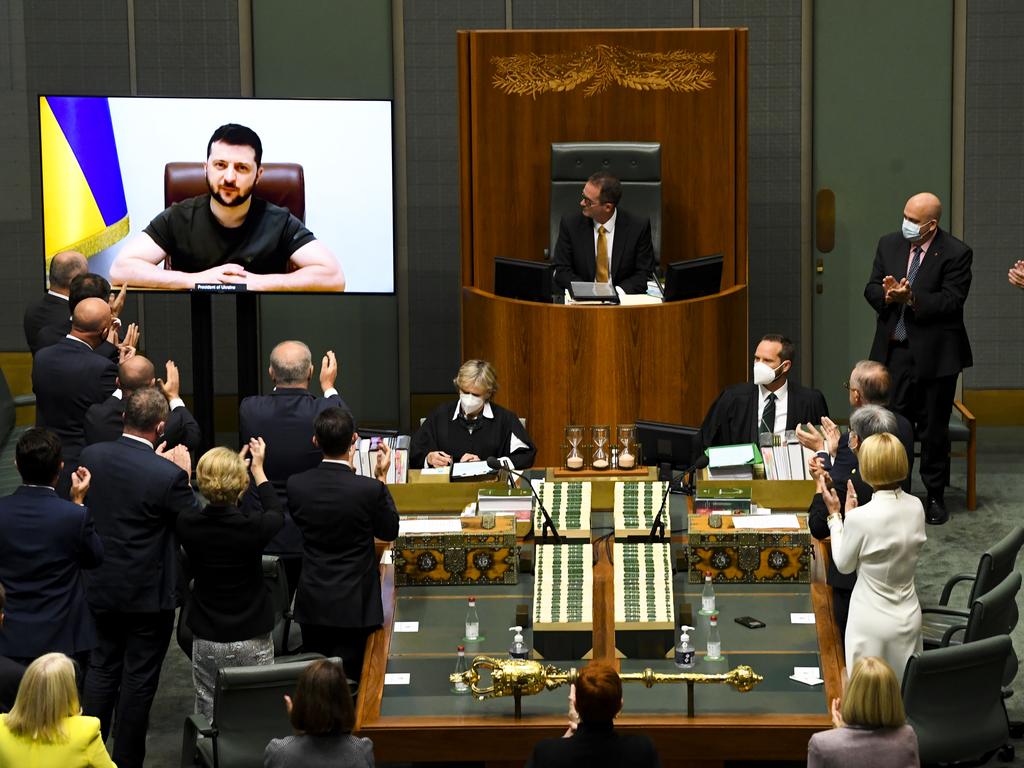

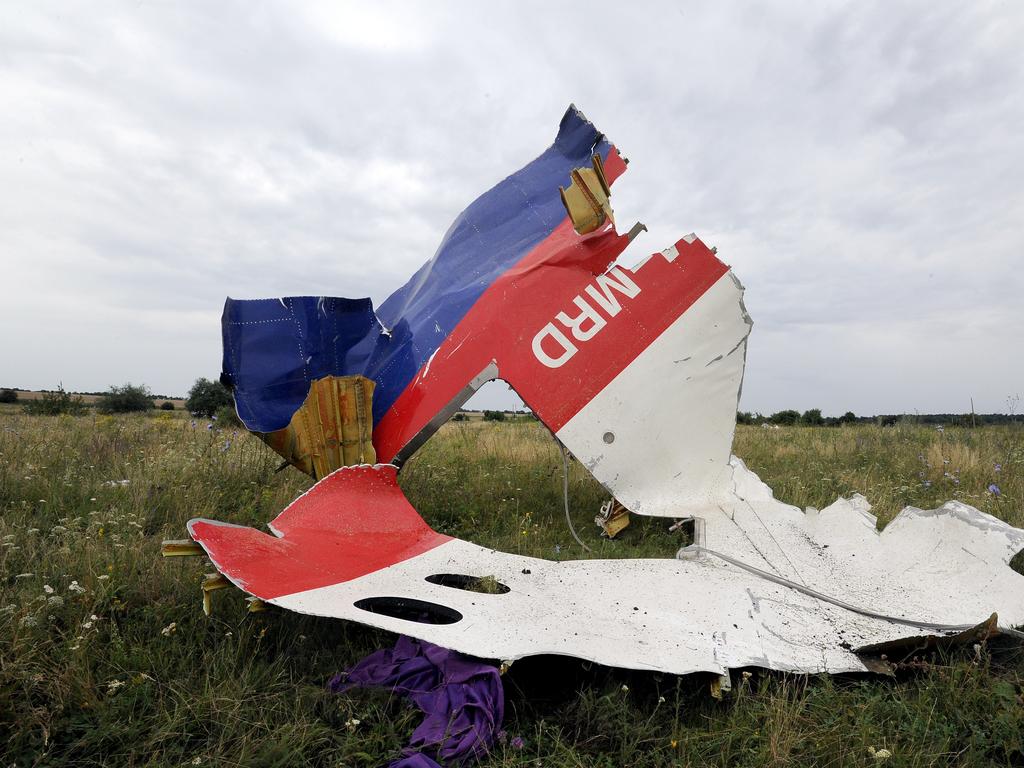

Its taken more than eight years for a multi country investigative team- including Australia – to finally tell the world they believe there are “strong indications” that Russian president Vladimir Putin is involved in approving the delivery of a BUK missile to the contested eastern Ukraine region in 2014 which tragically brought down flight MH17 and its 298 passengers and crew.